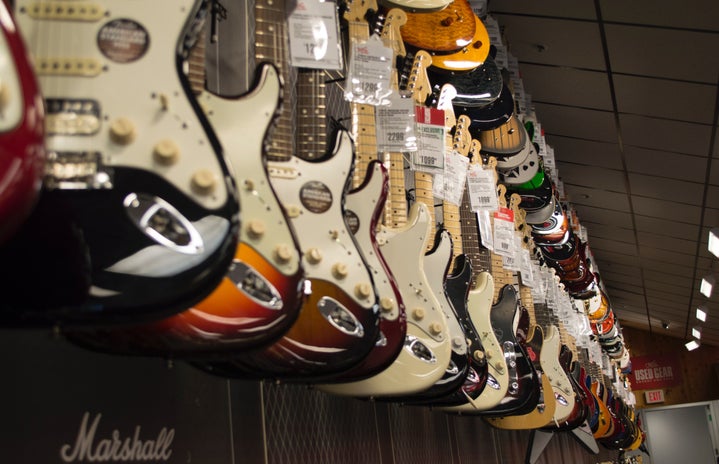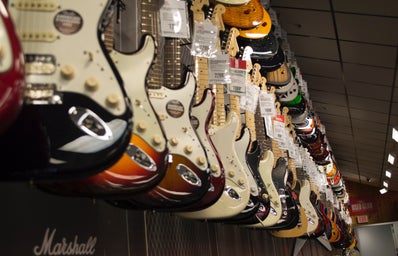With the recent death of rapper Lil Peep, it’s important that we talk about the circumstances. He was found “unresponsive in his tour bus” before a show, a tragic situation from every perspective. Although Peep is not the first artist to pass away due to drug overdose, the topic of drug culture in the music industry, notably hip hop, has been a topic of discussion after recent events.
Many speculate that Lil Peep had been dealing with depression and evidently used narcotics as a way to cope with the disease. Mental illness has been known to lead many to drug abuse and artists are not exclusive to that sinking ship. But why are artists repeatedly accused for “advertising” (and some may even say endorsing) drug abuse?
From Lil Peep’s social media posts, it’s no wonder that critics are suggesting the young alternative hip hop artist did this to himself.
“He’s glorifying drug use, and we all saw this coming.”
“It was bound to happen.”
Yes, Peep is notoriously known for his open use of narcotics on social media. Some may even well argue that his addiction was a big part of his appeal as an artist in the grand scheme of his fan-base, calling it an unhealthy, but mysterious element in his “brand.” This misconstrued admiration for the heartbroken, self-destructive “genius” is a toxic lens to have when being exposed to art. We’ve seen this twisted kind of fandom with Vincent van Gogh and his work.
“But their art would not be as great if they were happy.”
Perhaps many don’t see what is absolutely disturbing about this false statement. Creative expression does not have any direct correlation to mental illness. We can’t undermine the countless amount of projects that were produced not in sadness.
Lil Peep was not everyone’s favorite rapper. His music most certainly did not touch everybody (not that it was supposed to). But he was talented, and that talent is not a product of his addiction and despair.
So does hip hop culture glorify drug use? It’s a question in which answers will vary greatly. Nonetheless, drugs are most certainly an aspect of some hip hop lyricism. But if that suggests glorification and encouragement, perhaps we should stop writing about death, sexuality, fear, murder and injustice. Because these things are bound to influence society as well, right? If we talk about it, the kids will start doing it, right?
To say music written about drug-use is promoting drug addiction, is like saying music written about discrimination is promoting racism. Sometimes the purpose is social awareness. There is more to take away from lyrics depicting such situations than “use drugs.” Not that everyone will take away the same message, because they won’t.
With that being said, let’s stop this idea that popping pills and sippin’ lean is trendy. Because it’s not.
RIP Lil Peep.



